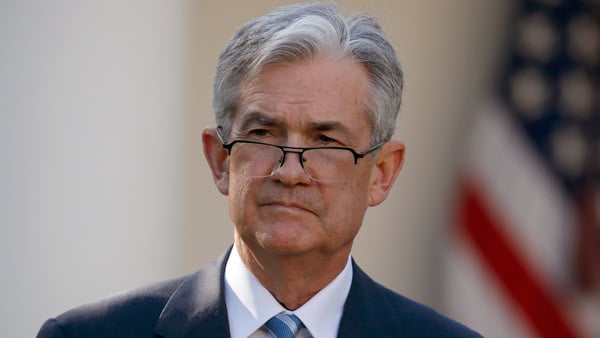
 Fed Chairman Jerome Powell. (Photo: AP)
Fed Chairman Jerome Powell. (Photo: AP)
The Federal Reserve and analysts just can't seem to get on the same page.
Just as the central bank signaled its cautiousness about the economy, estimates of corporate profit growth for companies in the S&P 500, after falling for nearly all of this year, have suddenly begun to pick up. Analysts raised their earnings expectations to a collective $169.40 a share, Bloomberg reported on March 18, based on calculations for the next four quarters. The move isn't big yet — it's up just a dollar — but it could be the beginning of a trend.
It was the first week-over-week earnings increase since November, according to Bloomberg data. Profit forecasts have dropped nearly 5 percent this year. Ed Yardeni, a popular strategist who watches earnings estimate trends closely, says earnings prospects bottomed three weeks ago and are now looking up. Based on his numbers, S&P 500 earnings expectation have moved to $172.19 a share, up from $171.37 in early February.
That contrasts sharply with the Fed, which, it seems, is throwing in the towel. On Wednesday, the Fed announced that not only would it keep rates where they are, it forecast no more rate increases for the rest of the year. The central bank also said it would stop winding down the portfolio of bonds it bought in the wake of the financial crisis — another way the Fed has kept interest rates low and stimulated the economy.
The Fed's moves seemed to unnerve investors at first, reinforcing the view by some that a recession could be coming sooner than expected. Indeed, first-quarter profit expectations had dropped pretty steeply until they turned recently. GDP growth in the 1 percent ballpark seems likely for the first quarter.



